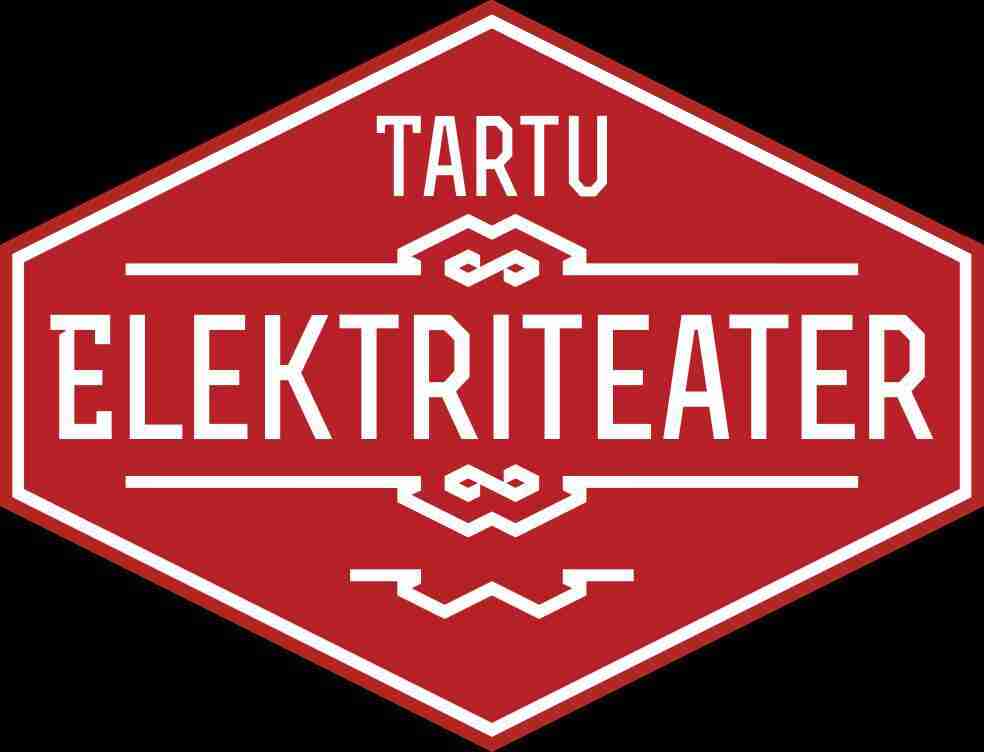In cooperation with Tartu Elektriteatri, we are bringing a selection of Hungarian movies to you in September and October. The programme was put together by Krisztina Tóth, Visiting Lecturer of Hungarian Language at the University of Tartu. The programme includes award-winning films and lesser-known, but equally loved films.
Schedule:
- September 28th: "Bet on Revenge"
- October 5th: "The Revolt of Job"
- October 12th: "Prisoners"
- October 19th: "Eldorado"
- October 26th: "The Two Lives of Aunti Mici"
All screenings are free, movies in Hungarian with Estonian subtitles.



